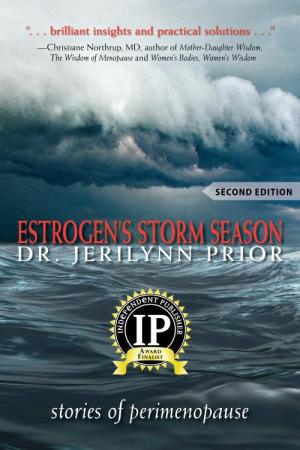Estrogen’s Storm Season: Stories of Perimenopause

by Dr. Jerilynn C Prior
New second edition available
Estrogen’s Storm Season is now available in BOTH print and eBook (Mobi and ePUB) versions!
All royalties are recieved in our Endowment fund (overseen by UBC) and support CeMCOR's research and future.
It is full of lively, realistic stories with which women can relate and evidence-based, empowering perimenopause information. It was a finalist in 2006 for the Independent Publisher Book Award in Health.
Purchase your ebook copy via our Amazon Kindle or
Google Play storefronts!
Paperback copies (with updated insert) still available here.
Join a Study:
Get Involved
Volunteer research participants are the heart of all CeMCOR research. Participants are invited to provide feedback on study processes, to learn their own results and at the end of a study, be the first to hear what the whole study found. Please become a CeMCOR research participant—you can contribute to improving the scientific information available for daughters, friends and the wider world of women.


